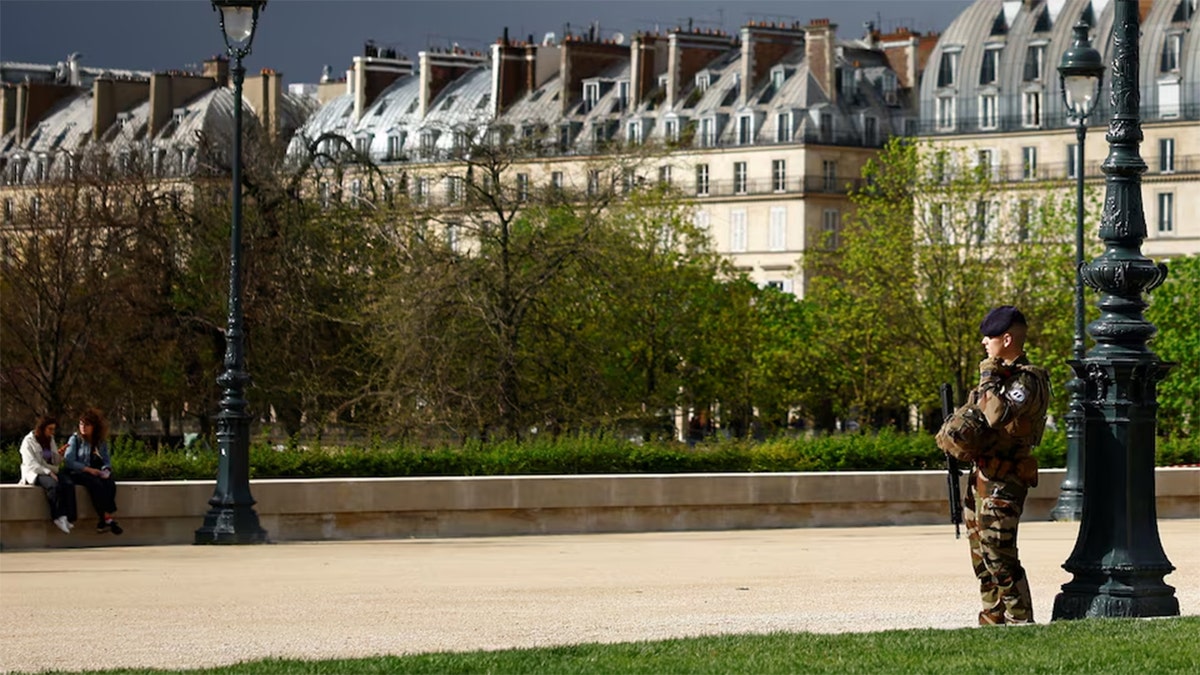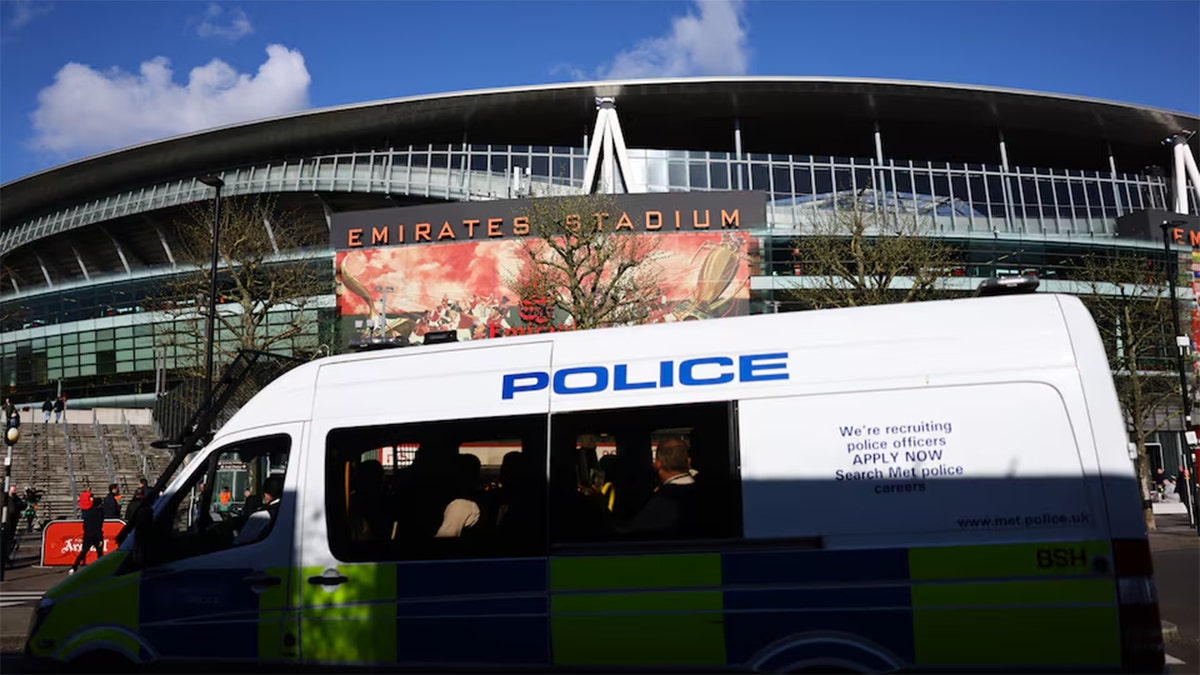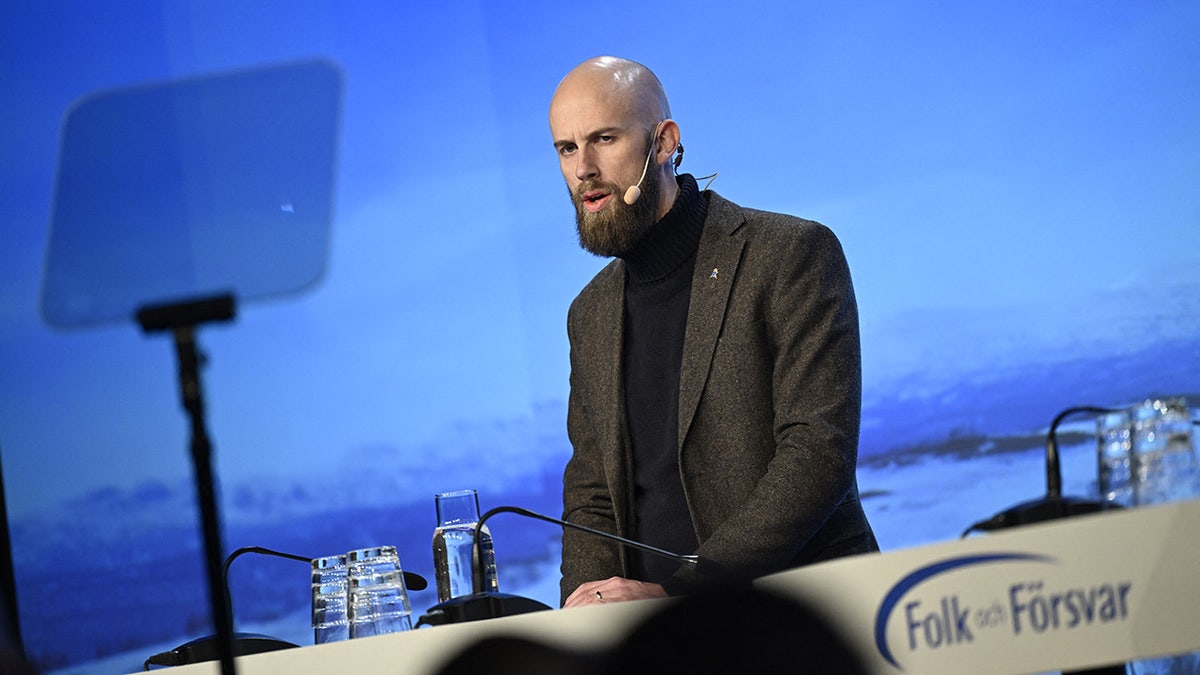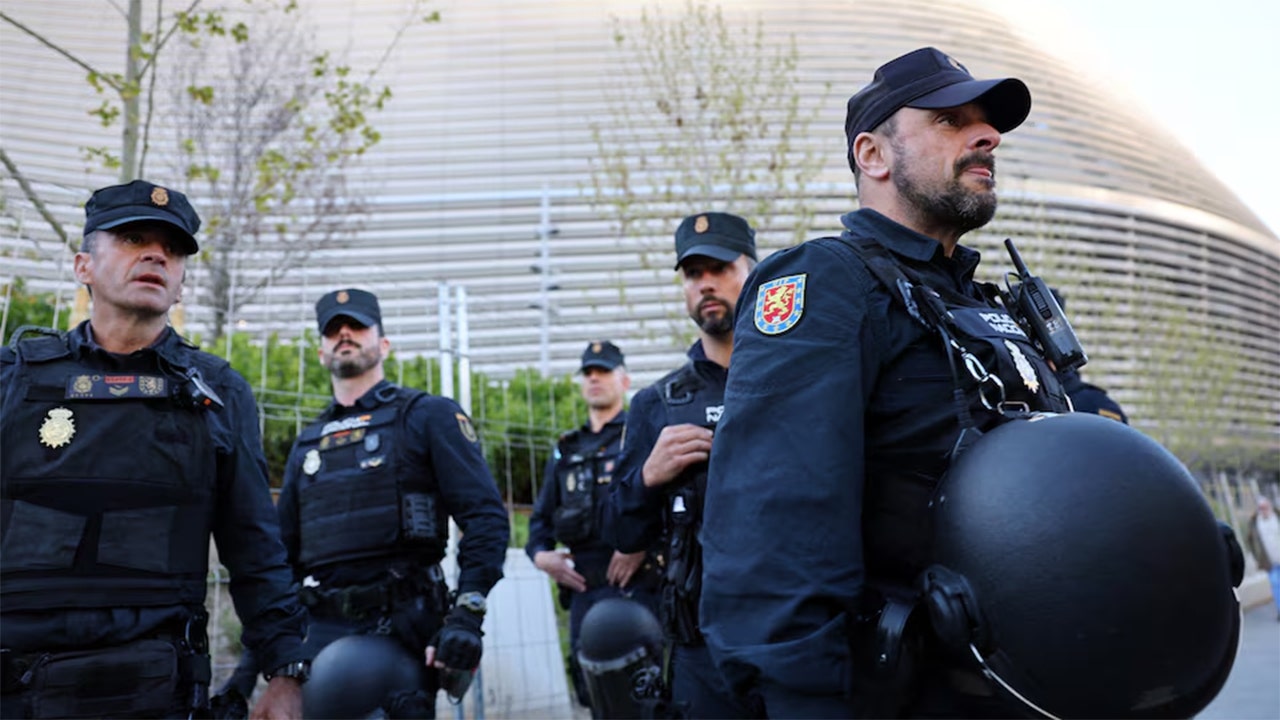Spain’s Ministry of the Interior, on Tuesday, announced that it is on high alert and has activated all alert and response systems to prevent jihadist attacks during the Champions League quarterfinal matches scheduled to take place in Madrid on Tuesday and Wednesday, according to reports.
On Tuesday, Real Madrid will take on Manchester City, while on Wednesday, Atlético Madrid will play against Borussia Dortmund.
As the quarterfinals approach, threats have been made by the Islamic State terrorist network, which has threatened drone attacks on the soccer tournament, a reminder of the resurgence of the network after several deadly attacks earlier this year in places like Iran and Moscow.
The ministry, led by Fernando Grand-Marlask, said the “State Security Forces and Bodies have all their early warning and protection systems activated, as well as their response systems ready” in response to preventing a terrorist attack, according to Spanish newspaper La Vanguardia.
The publication reported that the response includes over 2,000 national police and civil guard agents, who will be keeping watch over the capital, as well as members of the local police.
Spain is not the only country on alert as the quarterfinals get ready to take place.
On Wednesday, Paris St. Germain and Barcelona will face off in Paris, France. French Interior Minister Gérald Darmanin told reporters on Tuesday that police had strengthened security for the match, as he was providing an update on security during this summer’s Olympics.

A French soldier from the “Vigipirate” security plan patrols in the Tuileries Garden near the Louvre museum in Paris, France, April 9, 2024. (REUTERS/Sarah Meyssonnier)
“We have seen, among other things, a communication from the Islamic State that particularly targets stadiums. It is not new,” he said.
British police also said they were aware of reports of threats leading up to Tuesday night’s match between Bayern Munich and Arsenal in London, and had a robust policing plan in place.
Reuters reported that the Islamic State was urging followers to recreate an attack on the Strade de France stadium back in November 2015, and in a post, the group posted an image of Paris St. Germain’s Parc des Princes stadium, according to Site Intelligence, which tracks communications between Islamic militants.

Soccer Football – Champions League – Quarter Final – First Leg – Arsenal v Bayern Munich – Emirates Stadium, London, Britain – April 9, 2024, General view of a police car outside the stadium before the match (REUTERS/David Klein)
Site Intelligence also reported that militants were urged in another post to use drones to attack stadiums if they cannot physically reach the location.
“If they constrict and oppress on the ground, then strike them from the sky,” said the post, which featured a quadcopter flying over Real Madrid’s Santiago Bernabéu Stadium.
The latest threats from Islamic terrorists compound fears that Europe is on the edge of war.

Sweden’s Minister for Civil Defence Carl-Oskar Bohlin speaks about “Creating societal resilience cannot wait” at the Society and Defense National Conference, in Salen, Sweden, on January 7, 2024. (PONTUS LUNDAHL/TT News Agency/AFP via Getty Images)
“For a nation for whom peace has been a pleasant companion for almost 210 years, the idea that it is an immoveable constant is conveniently close at hand,” Swedish Civil Defense Minister Carl-Oskar Bohlin said at Folk och Försvars, or “Society and Defense,” annual national conference in Sälen on Sunday. “But taking comfort in this conclusion has become more dangerous than it has been for a very long time,” he said, according to a government transcript. “Many have said it before me, but let me do so in an official capacity, more plainly and with naked clarity: There could be war in Sweden.”
Late last month, Polish Prime Minister Donald Tusk urged European nations to step up their investments in defense, saying the continent was not ready for the current “prewar era.”
The comments were made during an interview with various newspapers in Europe.
“I don’t want to scare anyone, but war is no longer a concept from the past,” he said before referring to Russia’s invasion of Ukraine. “It’s real and it started over two years ago.”
Russia has intensified airstrikes against its neighbor. Recently, Russian missiles briefly breached Polish airspace during an attack on Ukraine. That prompted Warsaw to put its forces on heightened readiness.
Tusk called for urgent assistance for Ukraine to defend itself and urged more cooperation between Poland, Germany and France.
“We are living in the most critical moment since the end of the Second world war,” he said. “I know it sounds devastating, especially to people of the younger generation, but we have to mentally get used to the arrival of a new era. The prewar era.”
Fox News Digital’s Louis Casiano and Danielle Wallace, and Reuters contributed to this report.
